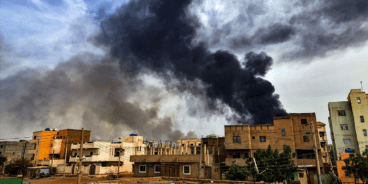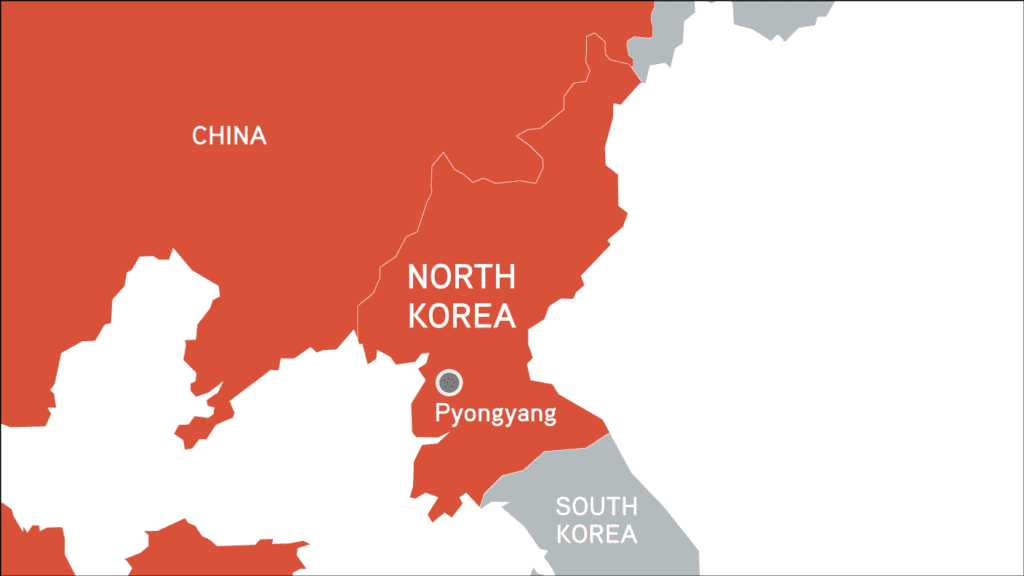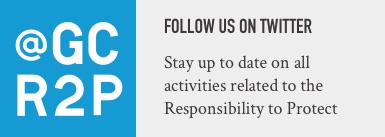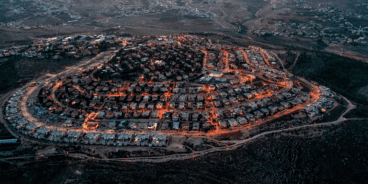
Democratic People’s Republic of Korea
State authorities in the Democratic People’s Republic of Korea continue to commit crimes against humanity.
BACKGROUND:
The Democratic People’s Republic of Korea (DPRK), or North Korea, is one of the most authoritarian and repressive countries in the world, severely restricting universal human rights in a widespread manner. In a landmark report issued in February 2014, the UN Human Rights Council (HRC)-mandated Commission of Inquiry (CoI) on the DPRK established responsibility at the highest level of government for ongoing crimes against humanity.
The CoI’s report detailed harrowing abuses committed by the DPRK government, including extermination, murder, enslavement, torture, imprisonment, rape, forced abortions and other forms of sexual violence, persecution on political, religious, racial and gender grounds, forcible transfer of populations and the inhumane act of knowingly causing prolonged starvation. Detentions, executions and disappearances are characterized by centralized coordination between different parts of the extensive security system, which includes labor camps, political prisons and other detention centers. The CoI reported that the government targets those considered to be “politically suspect,” including non-nationals who are labeled as “hostile.” Persons accused of political crimes have been subject to abduction, enforced disappearance and execution without trial.
In January 2023 Office of the UN High Commissioner (OHCHR) found that serious human rights violations and possible international crimes, including abductions and enforced disappearances, overseas forced labor and sexual and gender-based violence, continue to occur. The UN Secretary-General has also documented pervasive torture and forced labor among the country’s large detainee population.
For decades the DPRK government has attempted to insulate itself from international engagement and scrutiny. The government has refused to cooperate with international human rights mechanisms and offices, including the OHCHR office in Seoul and the UN Special Rapporteur on the situation of human rights in the DPRK. Prolonged isolationist measures and the alleged diversion of aid have severely restricted access to food, medicine, healthcare and livelihoods. According to the World Food Programme’s 2022 report, at least 10.7 million people are undernourished. This has been exacerbated by the DPRK further entrenching its policy of isolation, closing international borders and enforcing repressive and unnecessary restrictions on basic freedoms since 2020 under the pretext of preventing the spread of COVID-19.
Prior to 2014, the UN Security Council (UNSC) engaged with the DPRK almost exclusively in the context of nuclear non-proliferation and had never directly addressed ongoing human rights abuses. In response to the CoI’s findings, in December 2014 the human rights situation in the DPRK was added as a separate UNSC agenda item. Meetings were held annually from 2014-2017. On 17 August 2023 the UNSC convened its first open briefing on the human rights situation in the DPRK since 2017, which was preceded by a closed Arria-Formula meeting on the human rights situation on 17 March 2023.
RECENT DEVELOPMENTS
On 28 March 2024 Russia vetoed a resolution which would have renewed the UNSC-mandated Panel of Experts (PoE) assisting the 1718 DPRK Sanctions Committee. The PoE halted their work when the mandate expired on 30 April. Satellite images included in the PoE’s final report provided credible evidence of the transfer of goods and materials between the DPRK and Russia over the past year, in direct violation of several UNSC resolutions that prohibit DPRK from exporting or importing arms.
On the 10th anniversary of the CoI report, the HRC adopted a resolution by consensus at its 55th session, mandating the High Commissioner to submit a comprehensive update on the human rights situation in the DPRK since 2014 and to take stock of the implementation of the CoI’s recommendations. The resolution also increased resources for OHCHR’s office in Seoul and stressed the link between the weapons program, international peace and security and human rights.
Since the partial reopening of the DPRK’s borders on 26 August 2023, Chinese authorities have reportedly forcibly returned more than 670 people to the DPRK. China considers border-crossers to be illegal “economic migrants” and does not allow them to seek asylum or resettlement and deports them under a 1986 bilateral treaty with the DPRK, defying its commitments under international refugee law. On 17 October a group of UN experts released a statement calling on China to respect the principle of non-refoulement.
ANALYSIS
Despite international engagements focused on denuclearization and other security issues, the human rights and humanitarian situation in the DPRK has largely been neglected. The repression of civil society and independent media, as well as the absence of free elections or political space for open debate, is intended to perpetually silence criticism of the authorities and diminish opportunities for the review and reform of the DPRK’s human rights practices. The PoE provided independent and effective monitoring of sanctions violations, which could be linked to the ongoing commission of crimes against humanity in the DPRK.
The country’s human rights record is intimately linked to its weapons development program, which benefits from forced labor, contributes to widespread poverty and hunger through unequal resource distribution and enhances the government’s capacity to repress dissent without fear of international response or intervention. The alleged increase in weapons distribution with Russia heightens the risk of atrocity crimes in the DPRK and other conflict zones, including in Ukraine.
Forced repatriation of refugees and asylum seekers by neighboring states has left these populations at grave risk of internment, torture, sexual and gender-based violence, enforced disappearance or execution.
RISK ASSESSMENT
-
- Authoritarian government and the absence of any checks on the power of the DPRK leadership.
- Impunity for past and ongoing atrocity crimes enjoyed by the DPRK government.
- Record of serious violations of International Human Rights Law and customary international law.
- Economic instability, poverty and famine, all of which are exacerbated by government policies.
- Significant capacity to commit atrocities, especially against detainees, women, persons with disabilities and children.
NECESSARY ACTION
The DPRK authorities must allow for the return of international humanitarian organizations and guarantee rapid and unhindered access to vulnerable populations. Neighboring states have a responsibility under international law to provide safe passage out of the DPRK for civilians at risk of human rights violations and must strictly adhere to the principle of non-refoulement.
The international community’s legitimate pursuit of denuclearization on the Korean Peninsula should not overshadow the need to uphold the universal human rights of all Koreans. Any negotiations on rapprochement with the DPRK should aim to address ongoing human rights abuses, some of which may amount to crimes against humanity. The DPRK government should fully cooperate with OHCHR and allow entry to the Special Rapporteur.
The UNSC must remain seized of the human rights situation in the DPRK and hold regular open briefings on the issue. Council members should act on the recommendations made by the CoI and other relevant human rights mechanisms and offices, including by referring the situation to the International Criminal Court and imposing targeted sanctions against those responsible for or complicit in crimes against humanity, regardless of the position of the alleged perpetrator. UN member states should provide individual and collective support to the 1718 Sanctions Committee, including by sharing information, and coordinate efforts to ensure adherence with the sanctions regime by all stakeholders. The international community should also explore creative ways to maintain maximum scrutiny and potential avenues for both judicial and non-judicial accountability mechanisms.
Related Content

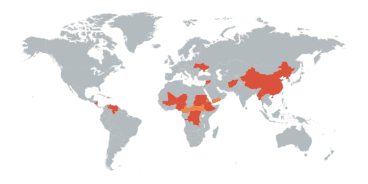
R2P Monitor, Issue 69, 1 June 2024
